Rooted in Memory: Four Intimate Visions of Asian Cinema at TIFF 2025
Written by Nirris Nagendrarajah
Images Courtesy of TIFF
Fête Chinoise Editorial Team: Deborah Lau-Yu, Kayla Lo
In its continuing showcase of bold and nuanced storytelling, TIFF 2025 highlights a diverse range of Asian cinema that grounds the personal in the political, and the poetic in the everyday. This latest selection of films brings together a quartet of distinct directorial voices from Hong Kong, Taiwan, Hungary, and China, each examining the quiet revolutions within private lives.
In The Arch, Cecile Tang Shu Shuen’s landmark 1968 debut returns to the screen in a stunning 4K restoration, reaffirming her place as a pioneer of independent Hong Kong cinema. Left-Handed Girl, Shih-Ching Tsou’s emotionally layered sophomore feature, explores intergenerational resilience in contemporary Taipei. Hungarian director Ildikó Enyedi’s Silent Friend, starring Tony Leung, stretches across time to observe how a single tree bears witness to human transformation. And Hamnet, Chloe Zhao’s long-awaited return, reimagines Shakespeare’s family tragedy through the lens of maternal love and artistic legacy.
From classic melodrama to hybrid period fantasy, these films share a sensitivity to loss, longing, and the tension between tradition and change. In exploring who we are through memory, myth, and place, they remind us how cinema, at its most intimate, can quietly reframe our understanding of history, identity, and connection.
THE ARCH
Cecile Tang Shu Shuen
Despite having made only a handful of films in the late sixties and seventies, filmmaker Cecile Tang Shu Shuen’s reputation as a trailblazer in global cinema remains strong.
A prime artifact of her genius, her 1968 debut feature, The Arch, which had been Hong Kong’s foreign language submission to the Academy Awards, has recently been restored in 4K for a new generation to experience all of its splendour, and is screening at TIFF in the Classic Section.
Based on a 17th century Ming folktale, The Arch tells the story of Madam Tung (Lisa Lu), a widow and a teacher who is set to have an arch erected by the emperor to honor her “virtues and accomplishments.”
As the 95-minute film builds toward this moment, Madam Tung runs up against the desires of her angsty daughter Wei-Ling (Hilda Chow Hsuan) and Captain Yang (Roy Chiao), a solider whose temporary residence in their orbit threatens to destroy her reputation, and awaken feelings she’s long suppressed.
Although, on the surface, The Arch seems to move and flow like a typical melodrama, anchored by cinematographer Subrata Mitra’s black-and-white compositions—and put into action through co-editor Les Blank’s surrealist transpositions—it builds up to a climactic montage sequence where all the pieces of the puzzle suddenly fuse together.
It is a stunning, gracefully mournful portrait of a modern woman with archaic values who must contend with the conflict of her interests to retain her reputation: a timeless kind of obstacle.
A long-time collaborator and producer of American filmmaker Sean Baker, director Shih-Ching Tsou’s sophomore film, Left-Handed Girl, which premiered at the Critics Week sidebar of Cannes and is being distributed by Netflix, tells the story of four generations of women.
There’s the grandmother, who is involved with an illegal immigration scheme; the mother Chu-Fen (Janel Tsai), who struggles to financially sustain the family after the passing of her partner; the oldest daughter I-Ann (Shih-Yua Ma), who must break a cycle of self-destructive behaviour in order to mature; and the protagonist of the title, I-Jing, played by newcomer Nina Ye, whose innocence frames the narrative and infuses it with sentimentality.
Tsou rotates through this cast of characters, intimately following them around as they make something of themselves in modern-day Taipei until they find something to hope for: a lifeline or a new beginning.
The drama of the film unravels from the diasporic attitude towards left-handedness, causing I-Jing to view herself as capable of committing acts of evil and robbing her of her innocence.
Influenced by Baker, who is also a co-writer, co-editor and producer of this film, in particular The Florida Project and Tangerine, Tsou’s film similarly culminates in a dinner party where all hell can break loose, effectively shifting everyone’s relationship to each other and inviting us to re-interpret the film.
Left-Handed Girl is a crowd-pleasing film that makes you feel for its characters who are struggling to survive, who are learning how to love each other, who want to live better lives, and Tsou grants it to them.
SILENT FRIEND
The Ginkgo biloba is a disease-resistant tree known for its healing properties and unique longevity.
In a sense, this tree, living out its life in the garden of a university, is the central protagonist of Ildikó Enyedi’s Silent Friend, which stars Hong Kong actor Tony Leung and premiered at the Venice Film Festival.
Leung plays Professor Tony Wong, a neurologist whose interest in the ginkgo, during the pandemic, no less, prompts a time-travelling investigation. The story then shifts to 1908, following a young woman named Grete (Luna Wedler), who stands her ground in a male-dominated botany department, and to 1972, where Hannes (Enzo Brumm), infatuated with a classmate, finds himself caring for a geranium whose sensitivity to its environment awakens him from human pleasures.
From seedling to full bloom, Enyedi captures the essence and attitudes of these three different eras, where the tree, whether in the background or the foreground, is witness to the interior lives and struggles of those who come into contact with it.
Leung, who appears here in his first European film despite being an arthouse darling for his performance in Wong Kar Wai’s In the Mood For Love, naturally fits into this film’s tone, with his handsome, stately manner that must navigate professional relationships across borders, languages, and mediums.
Enyedi, in her dreamy, patient way, brings us closer to the natural world and prompts reflection on how our lives are intertwined with, influenced by, and reflected through history.
A tree also opens Hamnet, co-written and directed by Chinese filmmaker Chloé Zhao
Off to the side of the tree, by a cave, resting in fetal position, is Agnes Hathaway (played by a ferocious Jessie Buckley), who will soon become the wife of William Shakespeare (Paul Mescal), a witchy, wayward soul who can see into the future.
After the birth of their three children—Susana (Bodhi Rae Breathnach) and twins Judith (Olivia Lynes) and the titular Hamnet (Jacobi Jupe)—Shakespeare sets off to Stratford to construct a theatre and begin writing the plays that will shape the course of the dramatic arts, leaving Hathaway behind to raise their family.
Chloé Zhao
Set against the backdrop of the 1596 bubonic plague, the film carries the feel of a “pandemic film,” braiding together themes of isolation, grief, and the ways these shape artistic creation, which, more often than not, not only imitates life but mines it for meaning.
With a soaring score by Max Richter, divine images by Łukasz Żal, and a narrative supported by the structure of Maggie O’Farrell’s 2020 novel, Hamnet is a simple story of cause-and-effect told in a grand, theatrical fashion that reminds us of why Zhao is regarded as a humanist filmmaker.
“I give you my life,” Hamnet says in a critical scene, where self-sacrifice becomes the ultimate form of love, one that parents and children know well. At its world premiere, judging by the sniffles all around me, the moment clearly struck a poignant chord.
Explore our curated playlist “In Films & Theatre,” featuring conversations with standout voices from the worlds of cinema and stage, including exclusive interviews from past TIFF festivals!


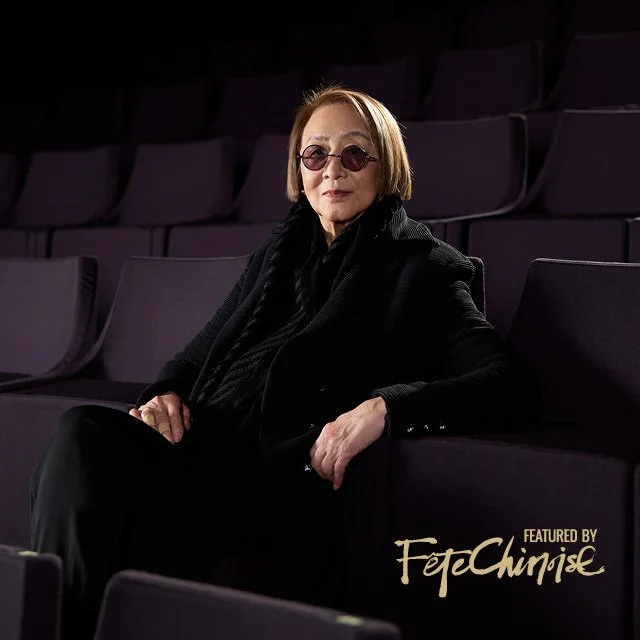
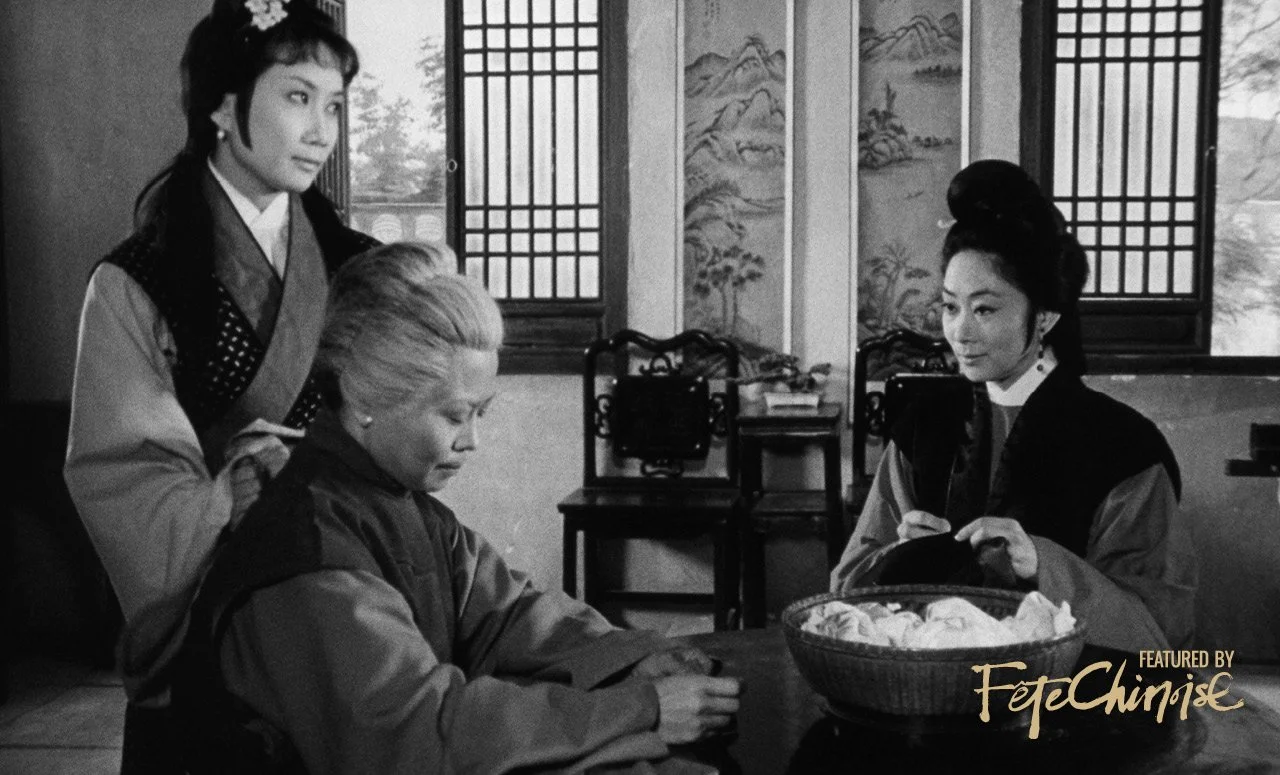

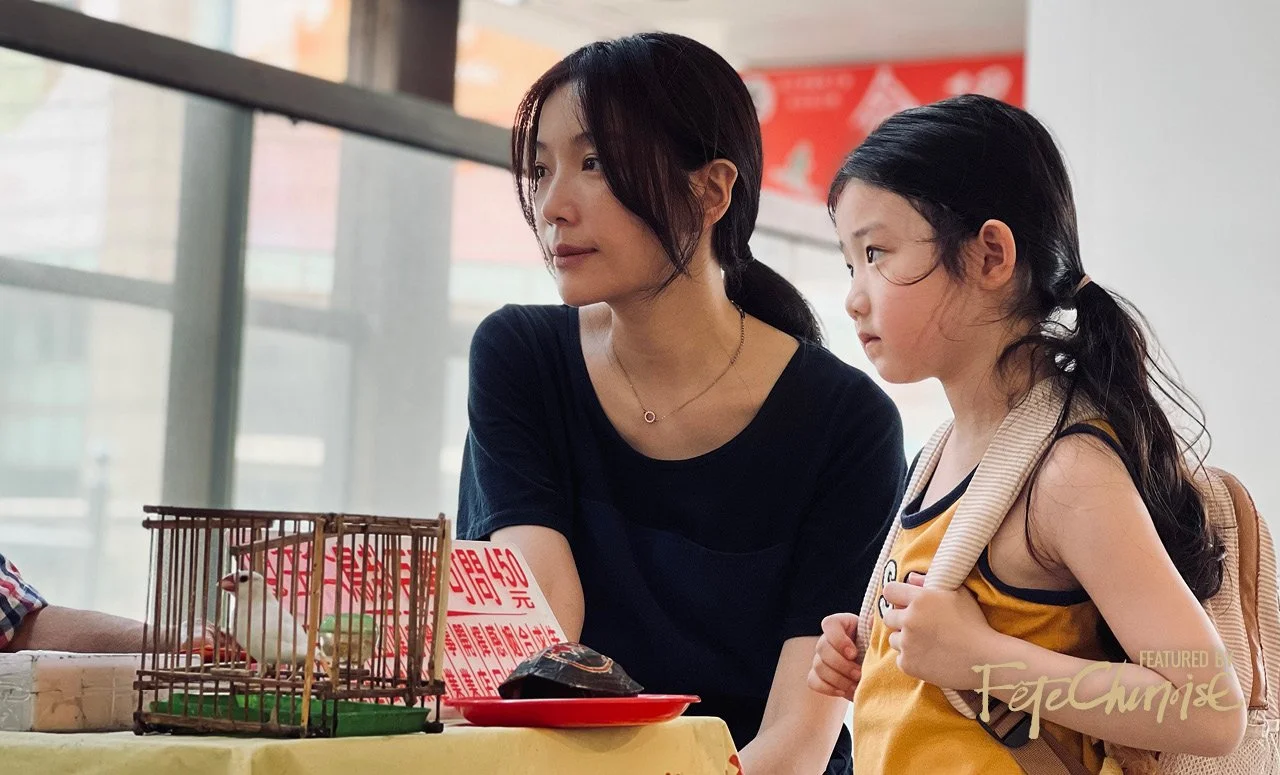


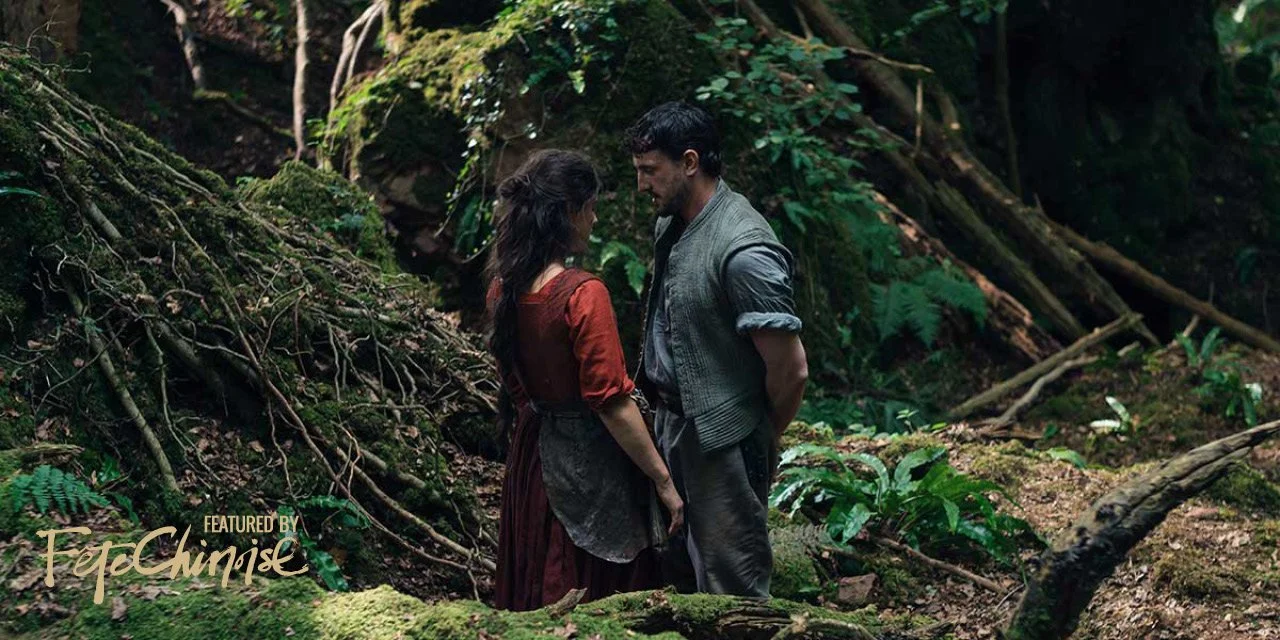
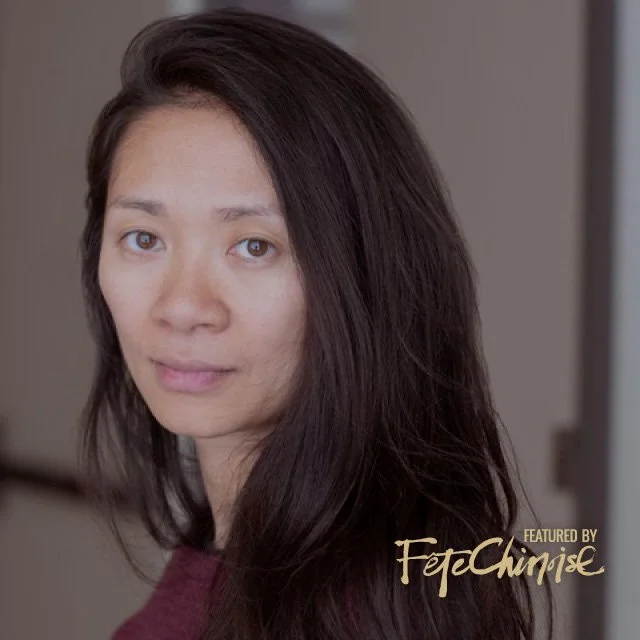

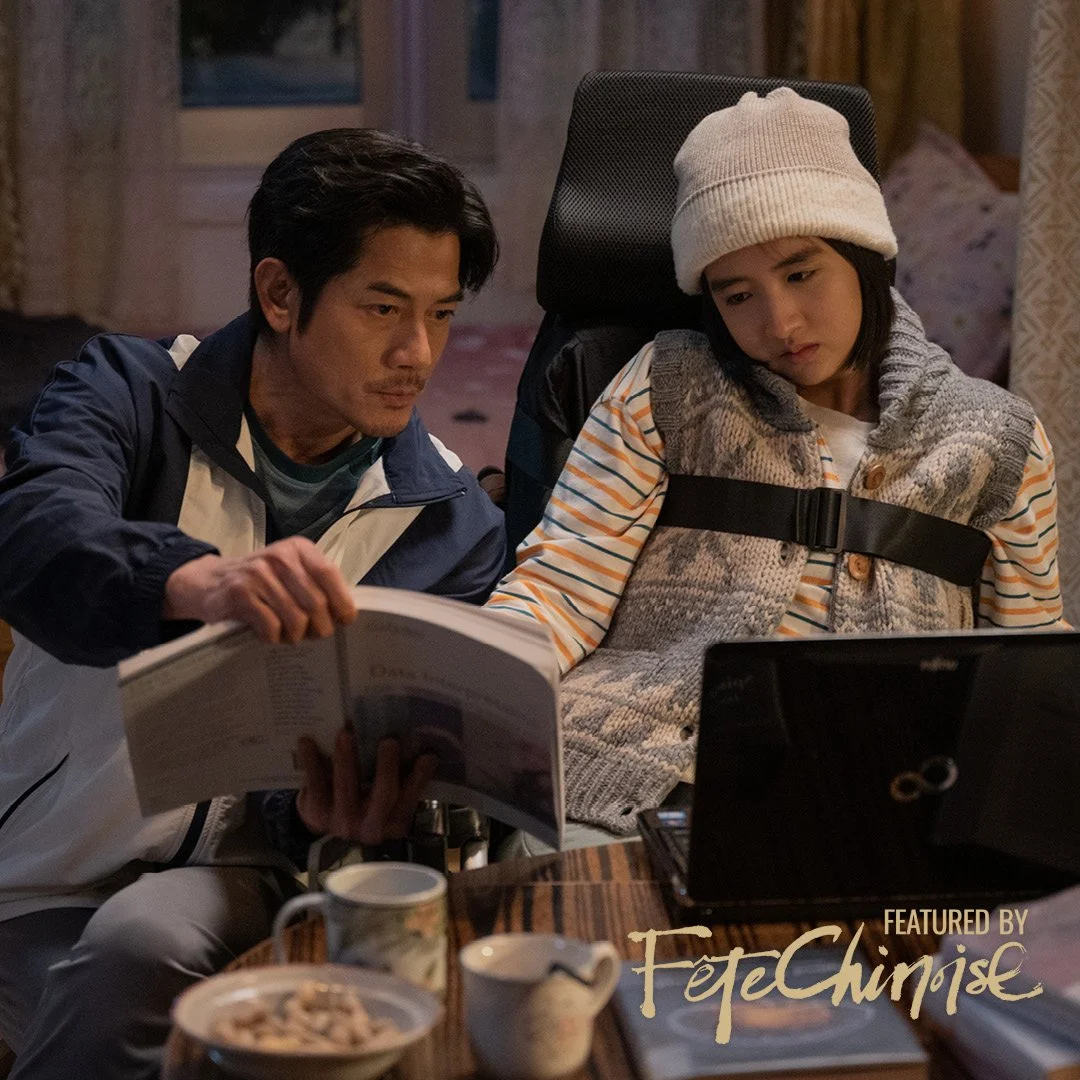










Fans of the classic TVB series A Step into the Past have long awaited this moment, and it’s finally here! Back to the Past is the highly anticipated cinematic sequel that brings the beloved characters and thrilling storylines of the original 2001 series to the big screen.